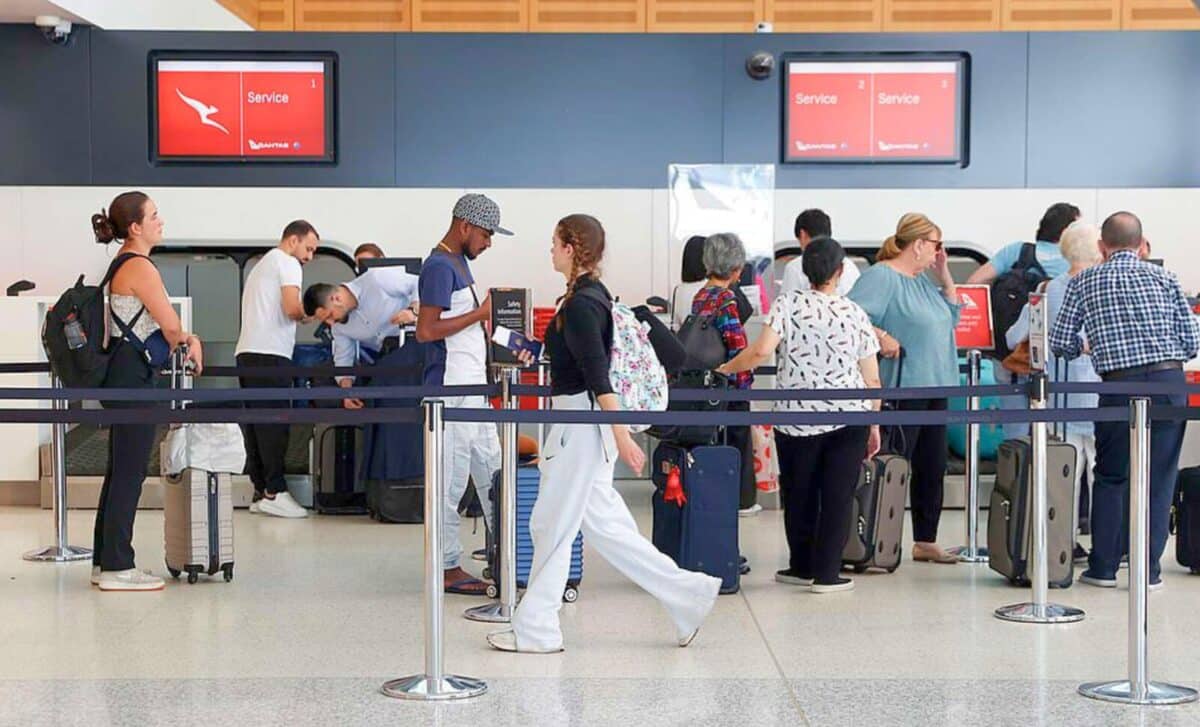The Department of Foreign Affairs and Trade (DFAT) has issued a warning to Australian travelers heading to the United States in light of an increasing number of visitors being denied entry due to electronic device inspections. As reported by The New Daily, US authorities have significantly ramped up their inspections of mobile phones, laptops, and other electronic devices to ensure that travelers are complying with immigration rules. The rise in these searches has raised concerns among travelers, particularly regarding the content found on these devices.
US Border Control and the Search of Electronic Devices
According to US Customs and Border Protection (CBP), travelers crossing the US border are subject to inspections, which may include searches of electronic devices like smartphones, computers, and cameras. The agency emphasizes that these searches are vital for national security and are part of efforts to combat terrorism, drug trafficking, human smuggling, and other illegal activities. Although rare, these searches are seen as an integral part of determining the intentions of foreign nationals entering the country.
In a growing trend, authorities have found content on phones that they argue could signal potential risks, including politically sensitive material or ties to groups considered a threat. In one notable case, a French scientist was barred from entry after messages on his phone were deemed critical of President Donald Trump, which US officials interpreted as “hatred of Trump” and potentially linked to terrorism. Similarly, a doctor was deported after border agents found photos of Hezbollah leaders on his device.
What Happens If You Refuse a Search?
Refusing to hand over a device and its password can have serious consequences for travelers visiting on a visa. According to the American Civil Liberties Union (ACLU), individuals who refuse to unlock their devices risk being denied entry to the US. In some cases, border officials may retain the device for extended periods, sometimes months, for further inspection.
While the majority of travelers are not subject to these invasive searches, the growing scrutiny has led to increased concern. The CBP reported that in fiscal year 2024, less than 0.01% of international travelers had their devices searched, but the trend is catching the attention of governments around the world. Germany, Britain, and other European nations have issued their own travel advisories to caution citizens about the risks of border searches in the US.
How to Protect Your Privacy Before Traveling to the US
To minimize the risk of issues at US border control, travelers are advised to take several precautionary steps. The ACLU recommends limiting the amount of sensitive information on electronic devices before entering the US. Some travelers opt for a travel-only phone or store important data in the cloud rather than on their devices. Using strong, unique passwords and logging out of social media apps can also help protect personal data.
Additionally, travelers should consider shutting down their devices before crossing into the US and could even set up new email accounts for the duration of their trip. These precautions are especially important for those who may be carrying sensitive information or political content on their devices.









